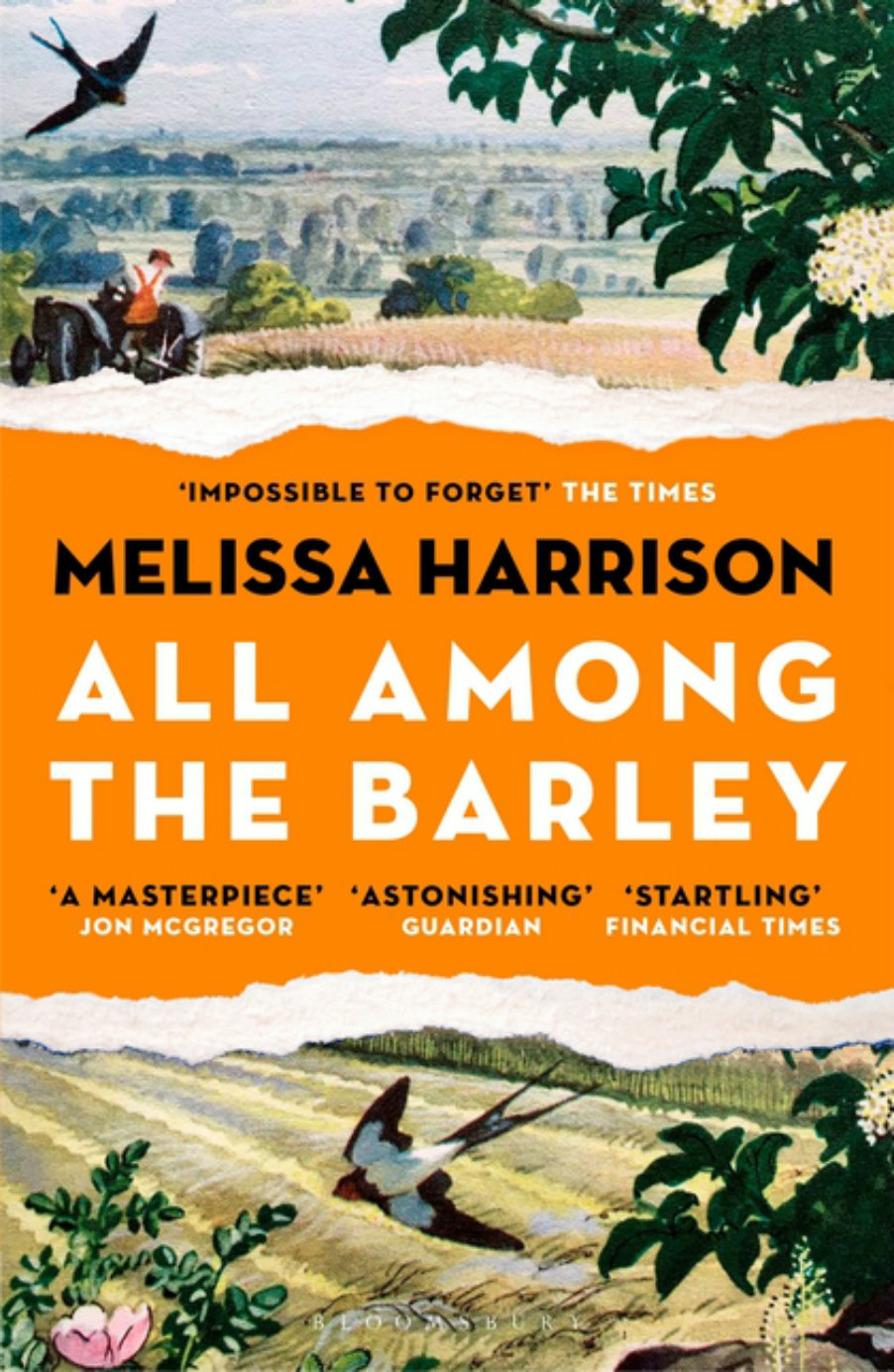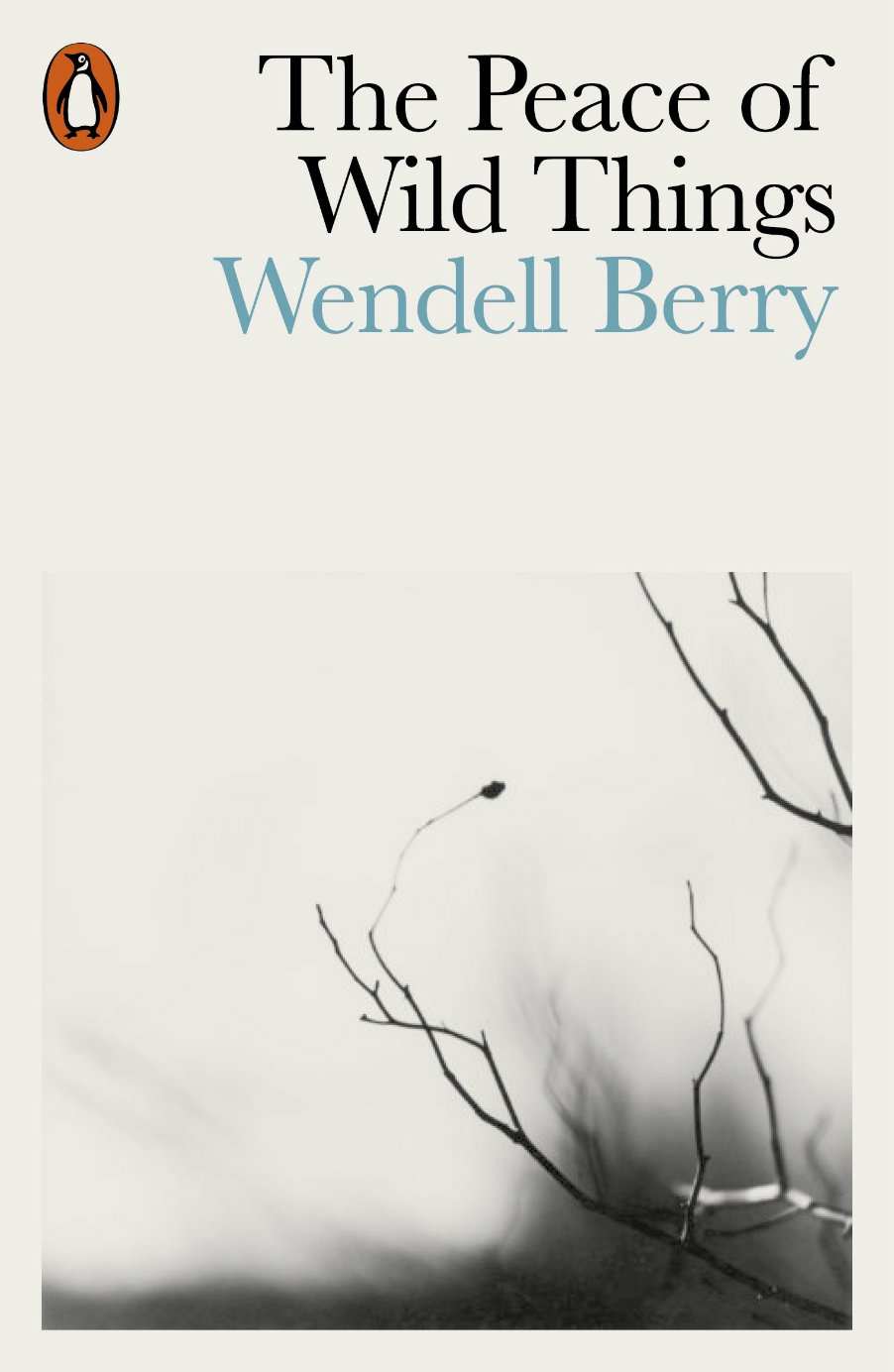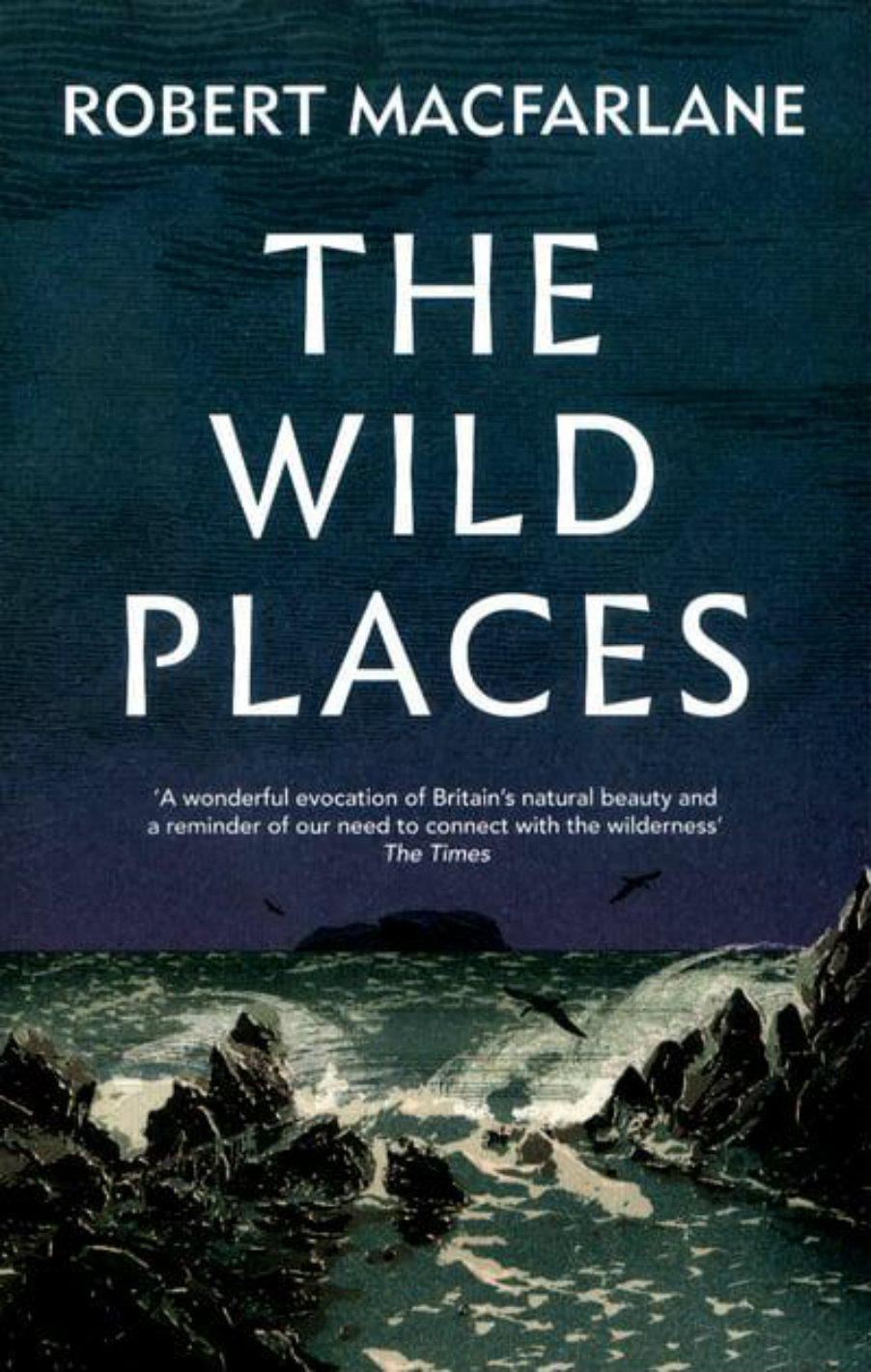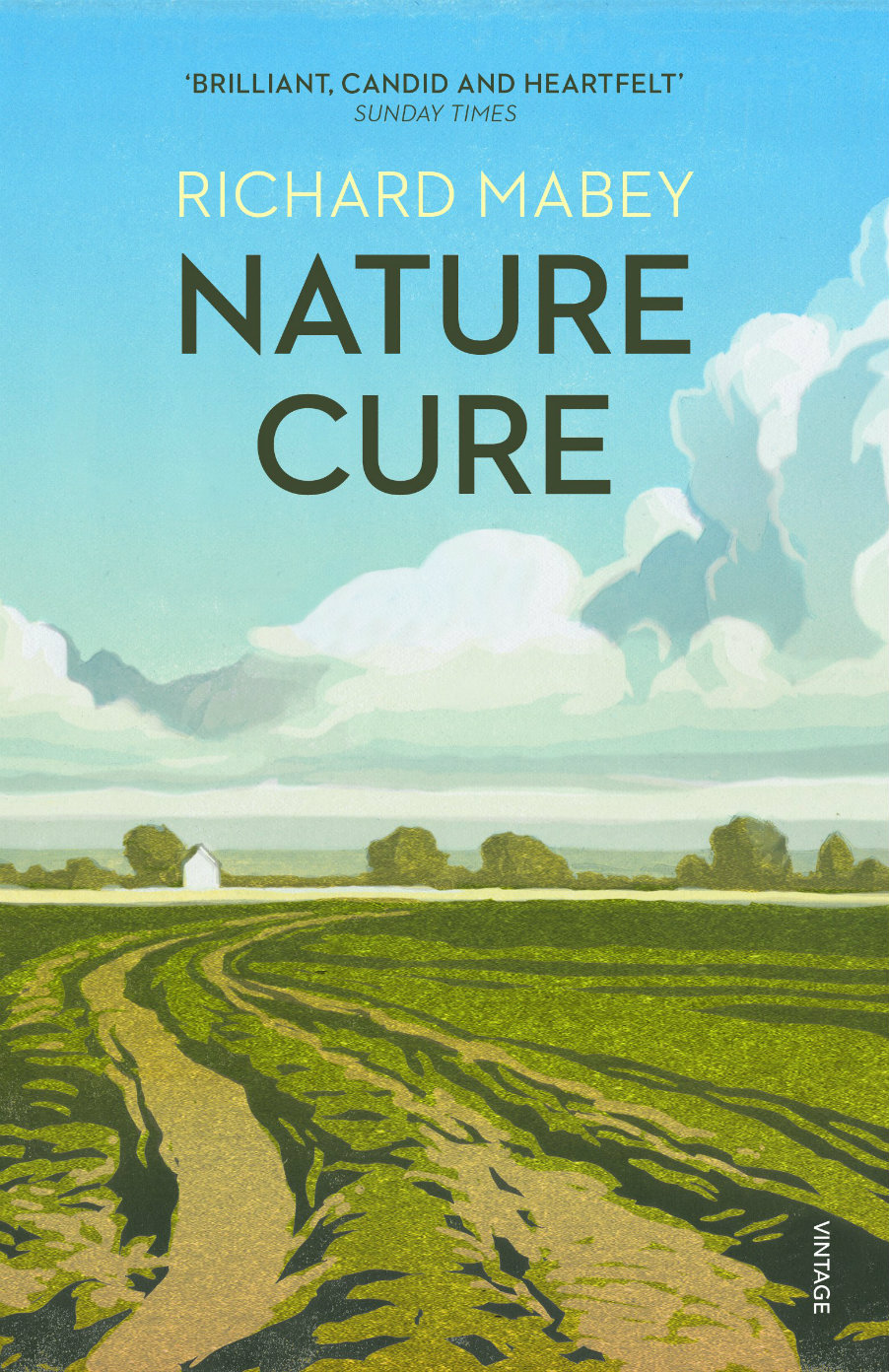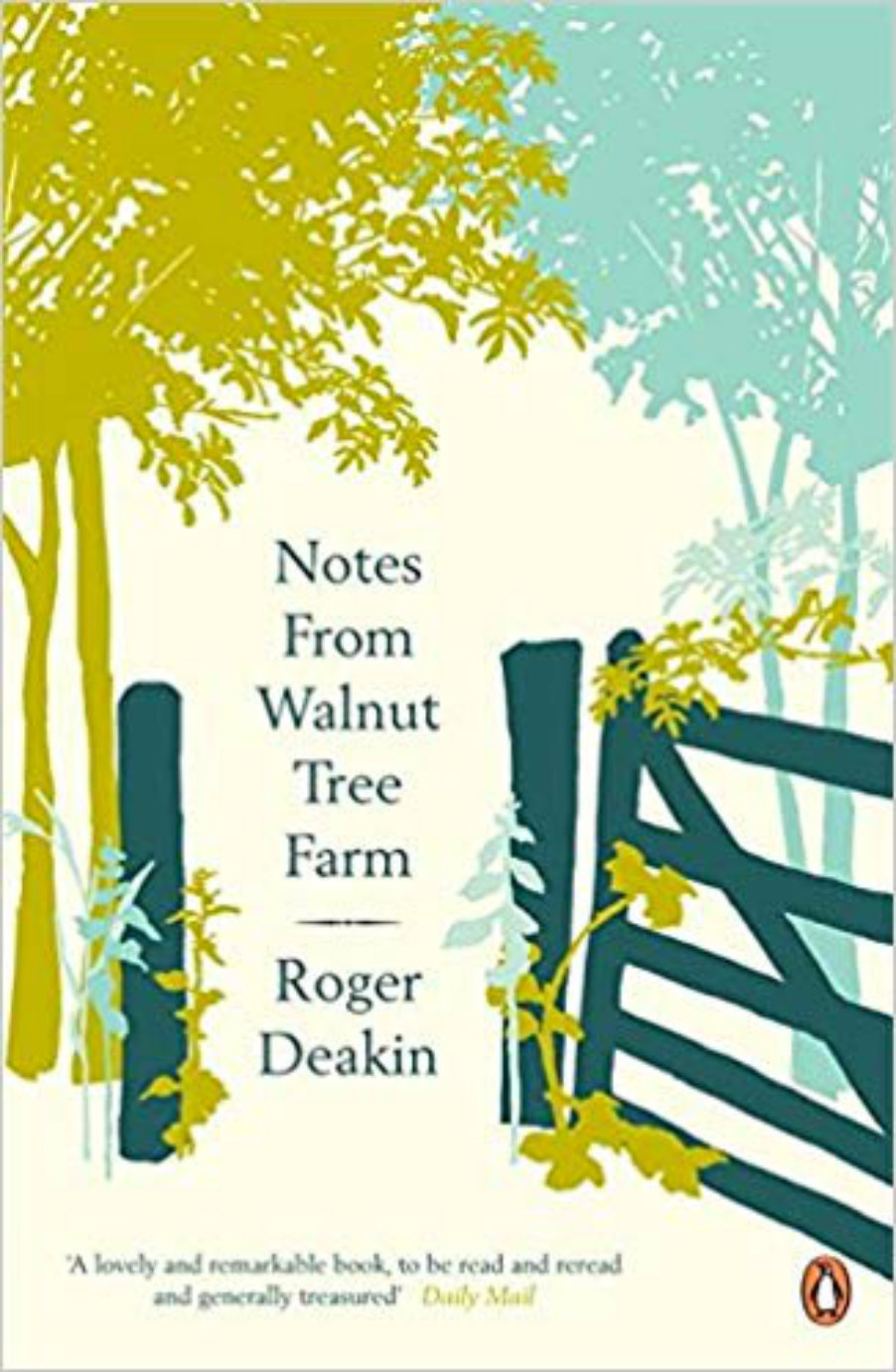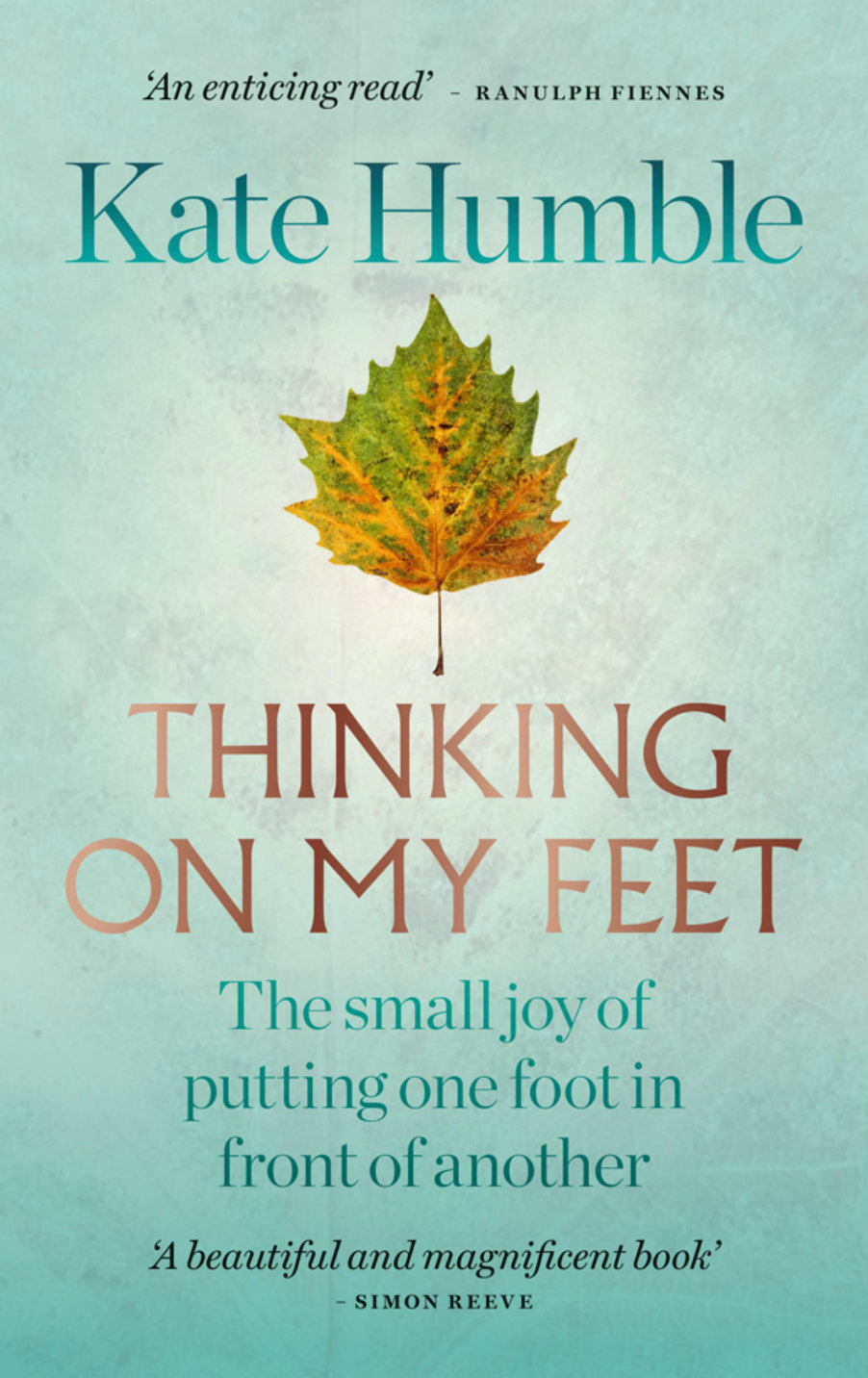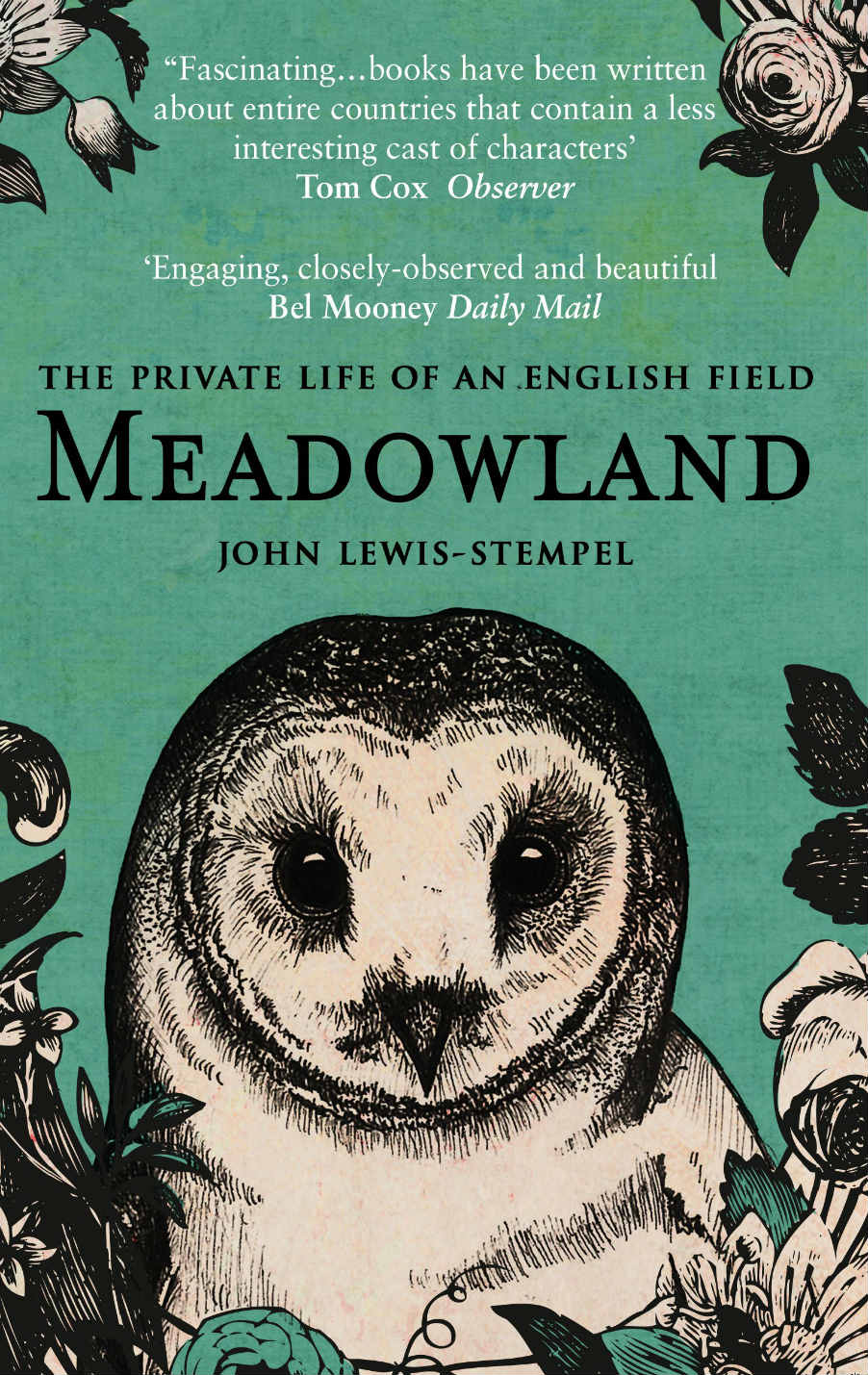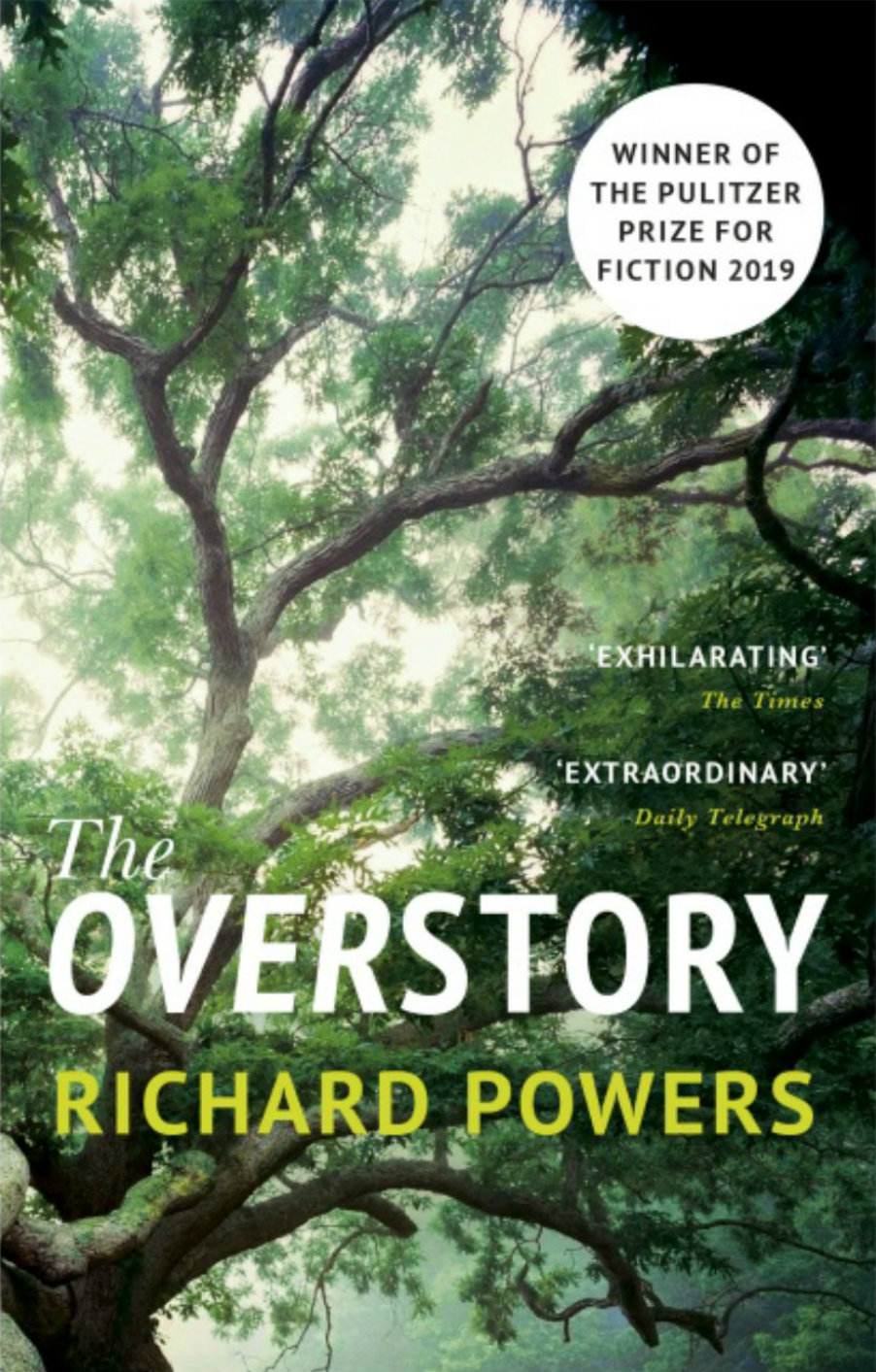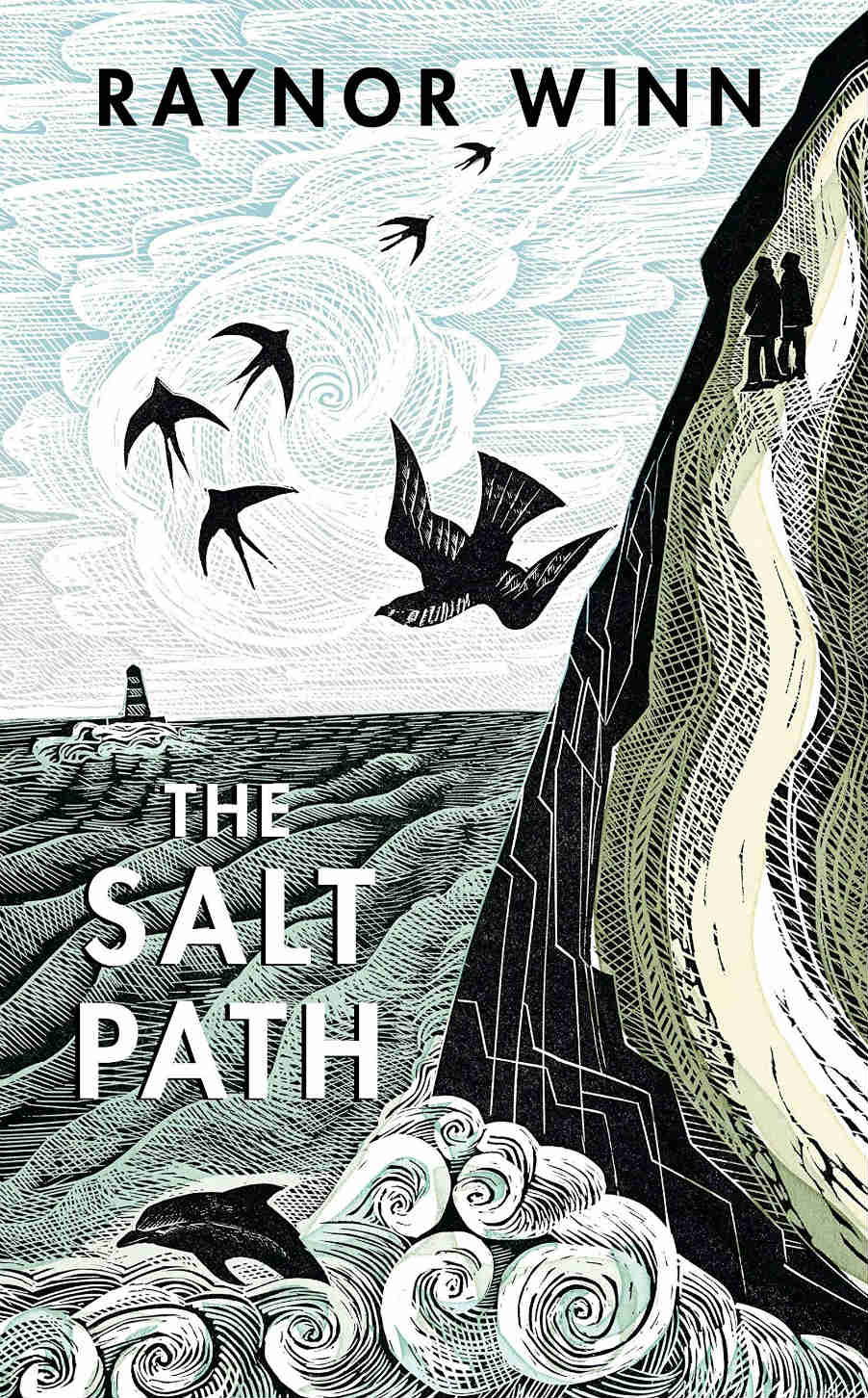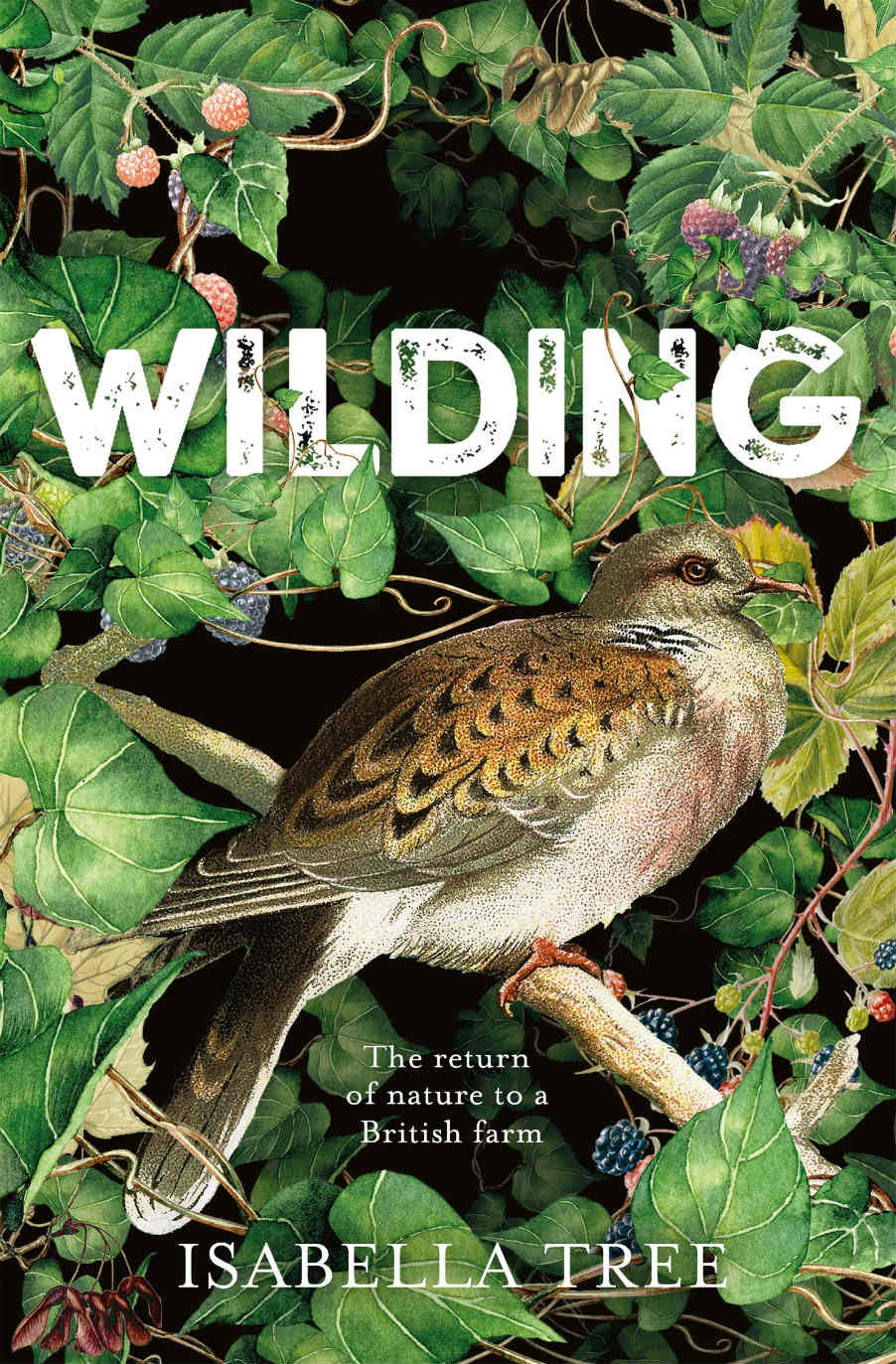Wild Reads 2020
Wild Reads is a partnership project with Suffolk Wildlife Trust celebrating the connection between the natural world and the written word.

The Wild Reads booklist has inspired a programme of events at reserves, libraries and other wild places across the county. You can also join in the conversation online using #WildReads2020.
The Wild Reads collections are based at Bury St Edmunds and Lowestoft libraries or you can reserve a copy to be delivered to your nearest branch.
All Among the Barley, by Melissa Harrison
The autumn of 1933 is the most beautiful Edie Mather can remember. In the fields and villages around her beloved Wych Farm, however, the Great War still casts a shadow over a community impoverished by economic depression and threatened by change. Change, too, is coming to Edie, who at fourteen must soon face the unsettling pressures of adulthood.
Glamorous outsider Constance FitzAllen arrives from London to document fading rural traditions and beliefs, urging all who will listen to resist progress and return to the old ways - but some wonder whether there might be more to the older woman than meets the eye. As harvest approaches and the future of Wych Farm itself grows uncertain, Edie must somehow find a way to trust her instincts and save herself from disaster.
The Peace of Wild Things and other poems, by Wendell Berry
If you stop and look around you, you'll start to see. Tall marigolds darkening. A spring wind blowing. The woods awake with sound. On the wooden porch, your love smiling. Dew-wet red berries in a cup. On the hills, the beginnings of green, clover and grass to be pasture. The fowls singing and then settling for the night. Bright, silent, thousands of stars. You come into the peace of simple things.
Tender and intimate, these poems are consoling songs of hope and of healing; short, simple meditations on love, death, friendship, memory and belonging. They celebrate and elevate what is sensuous about life, and invite us to pause and appreciate what is good in life, to stop and savour our fleeting moments of earthly enjoyment. And, when fear for the future keeps us awake at night, to come into the peace of wild things.
The Wild Places, by Robert Macfarlane
Macfarlane embarks on a series of journeys in search of the wildness that remains in the British Isles. At once a wonder voyage, an adventure story and a work of natural history, this text also tells a story of friendship and loss, mixing history, memory and landscape in a strange evocation of wildness and its importance.
Nature Cure, by Richard Mabey
In the last year of the old millennium, Richard Mabey, Britain's foremost nature writer, fell into a severe depression. The natural world – which since childhood had been a source of joy and inspiration for him – became meaningless.
Then, cared for by friends, he moved to East Anglia and he started to write again. Having left the cosseting woods of the Chiltern hills for the open flatlands of Norfolk, Richard Mabey found exhilaration in discovering a whole new landscape and gained fresh insights into our place in nature.
Notes from Walnut Tree Farm, by Roger Deakin
For the last six years of his life, Roger Deakin kept notebooks in which he wrote his daily thoughts, impressions, feelings and observations about and around his home, Walnut Tree Farm. Collected here are the very best of these writings, capturing his extraordinary, restless curiosity about nature as well as his impressions of our changing world.
Thinking on My Feet: the small joy of putting one foot in front of another, by Kate Humble
Thinking on My Feet tells the story of Kate's walking year - shining a light on the benefits of this simple activity. Kate's inspiring narrative not only records her walks (and runs) throughout a single year, but also charts her feelings and impressions throughout - capturing the perspectives that only a journey on foot allows - and shares the outcomes: a problem solved, a mood lifted, an idea or opportunity borne.
As she explores the reasons why we walk - whether for creative energy, challenge and pleasure, or therapeutic benefits, Kate's reflections and insights will encourage, motivate and spur readers into action. Also featured are Kate's walks with others who have discovered the magical, soothing effect of putting one foot in front of the other.
Meadowland: the private life of an English field, by John Lewis-Stempel
What really goes on in the long grass? Meadowland gives an unique and intimate account of an English meadow's life from January to December, together with its biography. In exquisite prose, John Lewis-Stempel records the passage of the seasons from cowslips in spring to the hay-cutting of summer and grazing in autumn, and includes the biographies of the animals that inhabit the grass and the soil beneath: the badger clan, the fox family, the rabbit warren, the skylark brood, the curlew pair, among others. Their births, lives, and deaths are stories that thread through the book from first page to last.
The Overstory, by Richard Powers
Nine strangers, each in different ways, become summoned by trees, brought together in a last stand to save the continent's few remaining acres of virgin forest. The Overstory unfolds in concentric rings of interlocking fable, ranging from antebellum New York to the late-20th-century Timber Wars of the Pacific Northwest and beyond, revealing a world alongside our own - vast, slow, resourceful, magnificently inventive, and almost invisible to us. This is the story of a handful of people who learn how to see that world, and who are drawn up into its unfolding catastrophe.
The Salt Path, by Raynor Winn
In one devastating week, Raynor and her husband Moth lost their home of 20 years, just as a terminal diagnosis took away their future together. With nowhere else to go, they decided to walk the South West Coast Path: a 630-mile sea-swept trail from Somerset to Dorset, via Devon and Cornwall. This ancient, wind-battered landscape strips them of every comfort they had previously known.
With very little money for food or shelter, Raynor and Moth carry everything on their backs and wild camp on beaches and clifftops. But slowly, with every step, every encounter, and every test along the way, the walk sets them on a remarkable journey. They don't know how far they will travel, but - to their surprise - they find themselves on a path to freedom.
Wilding: the return of nature to a British farm, by Isabella Tree
Forced to accept that intensive farming on the heavy clay of their land at Knepp, West Sussex, was economically unsustainable, Isabella Tree and her husband Charlie Burrell made a spectacular leap of faith: they decided to step back and let nature take over. Thanks to the introduction of free-roaming cattle, ponies, pigs and deer – proxies of the large animals that once roamed Britain – the 3,500 acre project has seen extraordinary increases in wildlife numbers and diversity in little over a decade.
Extremely rare species, including turtle doves, nightingales, peregrine falcons, lesser spotted woodpeckers and purple emperor butterflies, are now breeding at Knepp, and populations of other species are rocketing. The Burrells’ degraded agricultural land has become a functioning ecosystem again, heaving with life – all by itself.

